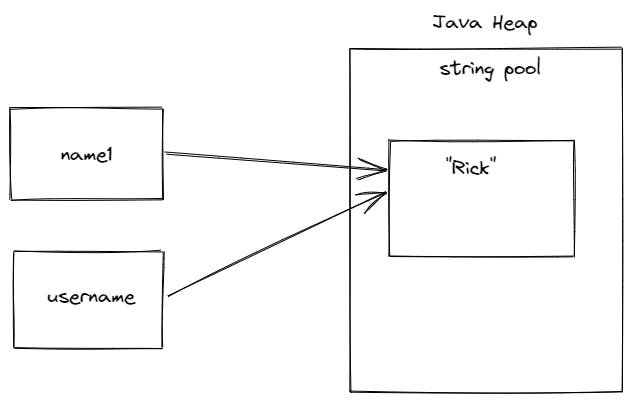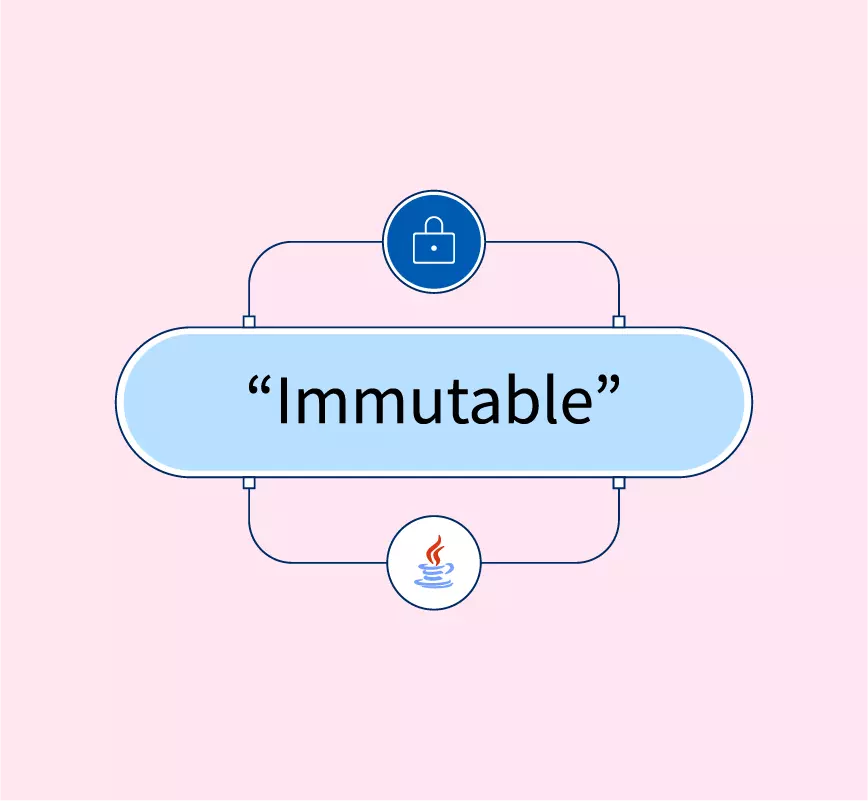Why Are Strings Immutable in Java? Comprehensive Overview for Beginners
Wiki Article
Exploring the Advantages of Unalterable Strings in Modern Programming Paradigms
In the world of modern shows paradigms, the idea of unalterable strings stands as a foundation of robust software program advancement. The benefits they use go past simple comfort; they fundamentally modify the method information is taken care of within applications. By taking on immutable strings, developers can make sure enhanced information integrity, improved string safety and security, streamlined debugging processes, boosted protection steps, and efficient performance optimization. These advantages function as a testimony to the profound influence that embracing immutability can carry the dependability and effectiveness of software application systems.Enhanced Information Integrity

By protecting against the alteration of string things, immutability gets rid of the risk of unintended modifications to the data they hold. This not only boosts the safety of the details however additionally enhances the dependability of the code that relies upon these strings.
Immutability likewise sustains safer multithreading atmospheres, as concurrent accessibility to immutable strings does not pose the danger of data corruption via simultaneous adjustments. This building simplifies the procedure of dealing with strings in identical programming scenarios.
In essence, immutability serves as a protective guard around the data saved within strings, boosting their stability by making sure that when defined, their worths stay unchanged throughout the program's implementation.

Boosted Thread Security
Unalterable strings enhance the thread security of programs by making certain that as soon as a string item is produced, its value can not be modified. This property removes the threat of simultaneous threads trying to change the same string simultaneously, which could lead to information corruption or inconsistent states in the program - Why are strings immutable in Java?. In a multi-threaded environment, where several strings accessibility and control data concurrently, the immutability of strings supplies a degree of safety by ensuring that the information remains unchanged throughout its lifecycleSimplified Debugging Procedures
Provided the boosted string safety and security assisted in by immutable strings, a considerable advantage arises in the realm of simplified debugging procedures. Immutable strings, as soon as developed, can not be changed, making it easier to map the flow of data and recognize the resource of insects in a program. This immutability makes certain that strings stay regular throughout the implementation of the program, decreasing the likelihood of unforeseen adjustments that could bring about mistakes.When debugging with mutable strings, designers often experience problems where a string's worth is modified inadvertently, making it challenging to about his determine the origin of a bug. Nonetheless, with unalterable strings, the information remains unchanged, enabling programmers to focus on analyzing the real logic of the code instead than locating where and when a string was changed inaccurately.
In addition, unalterable strings streamline the debugging process by enabling easier recreation of bugs. Because unalterable strings do not change state, designers can recreate and examine bugs much more efficiently, resulting in quicker identification and resolution of issues within the codebase. This streamlined debugging operations inevitably adds to higher software high quality and boosted overall advancement effectiveness.

Raised Safety And Security Procedures
Enhancing information security and strengthening system stability, the application of unalterable strings in software applications adds dramatically to boosted security steps. Unalterable strings likewise play an important function in avoiding common safety and security susceptabilities such as buffer overflows and SQL injection attacks, as attempts to manipulate string data at runtime are naturally restricted.In addition, the immutability of strings improves the predictability of program behavior, making it much easier to confirm inputs and protect against unforeseen modifications that might jeopardize security. This predictability streamlines the procedure of bookkeeping and confirming code, making it possible for designers to identify potential security technicalities more effectively. Generally, integrating immutable strings right into software program advancement techniques not only enhances the toughness and reliability of applications yet likewise reinforces their resilience versus protection risks.
Reliable Efficiency Optimization
When dealing with mutable strings, operations like concatenation or substring production typically result in the production of brand-new string objects, leading to memory expenses and raised handling time. By allowing strings to stay unchangeable and continuous, unalterable strings help with far better memory monitoring and caching opportunities, inevitably enhancing the overall effectiveness of the software.
Since unalterable strings can not be customized once produced, they can be shared throughout threads without the risk of unanticipated changes, lowering the demand for synchronization mechanisms and improving concurrency. Immutable strings streamline debugging procedures as developers can rely on that a string's value will remain consistent throughout the program's implementation, getting rid of prospective mistakes caused by mutable state modifications.
Verdict
To conclude, the advantages of utilizing unalterable strings in contemporary programming paradigms can not be overstated. Boosted information honesty, enhanced string security, streamlined debugging processes, enhanced protection actions, and effective efficiency optimization all add to the total performance of shows jobs. By including unalterable strings great post to read right into programming practices, designers can take advantage of a much more durable and reputable codebase.Immutability, a crucial function of strings in go to these guys shows languages such as Java and Python, makes sure that once a string item is produced, it can not be altered or modified.Immutable strings improve the string security of programs by making certain that when a string item is developed, its value can not be modified. Unalterable strings likewise play an essential role in preventing common protection vulnerabilities such as barrier overflows and SQL injection assaults, as attempts to manipulate string data at runtime are inherently restricted.
By allowing strings to continue to be stable and continuous, unalterable strings assist in far better memory management and caching opportunities, inevitably boosting the overall performance of the software program.
Unalterable strings simplify debugging processes as developers can trust that a string's value will stay constant throughout the program's implementation, eliminating potential mistakes triggered by mutable state changes.
Report this wiki page